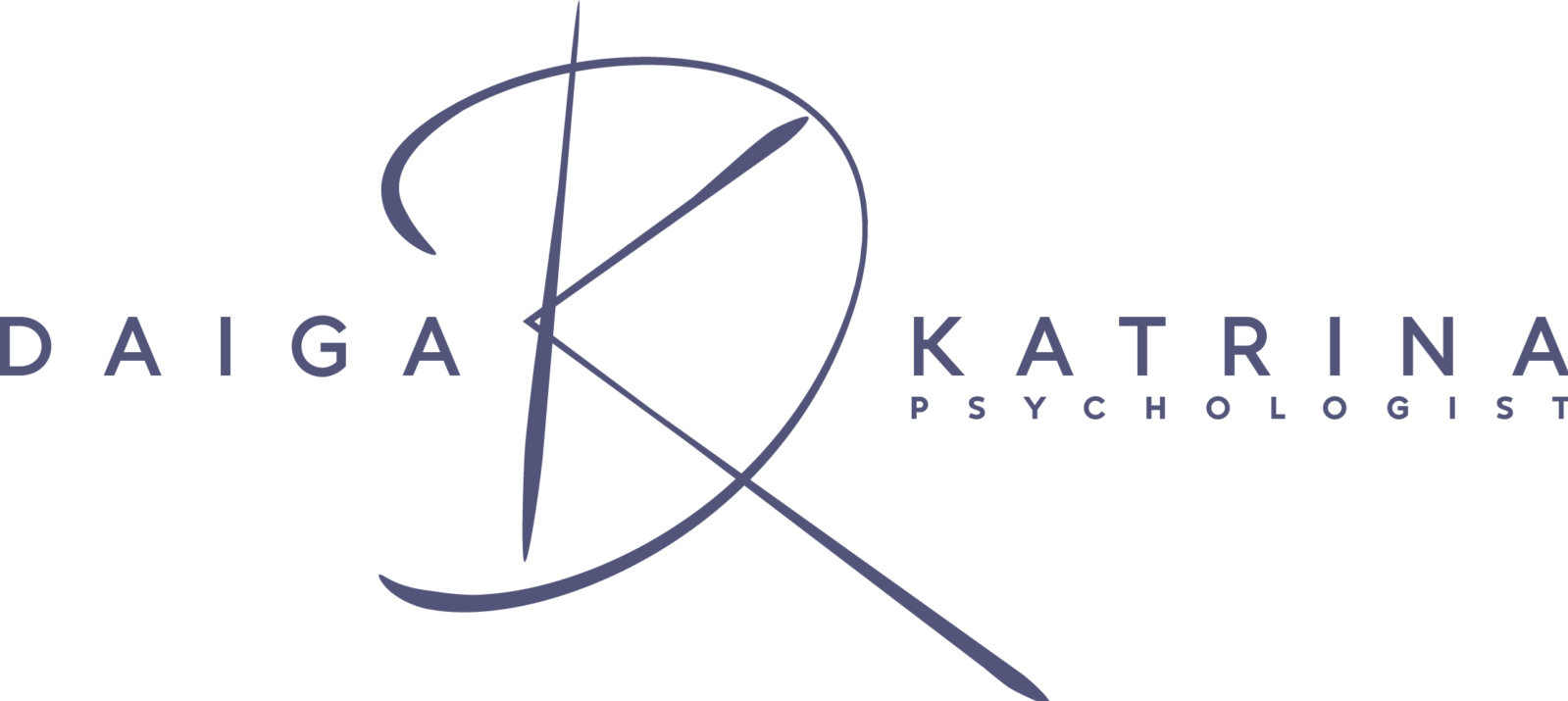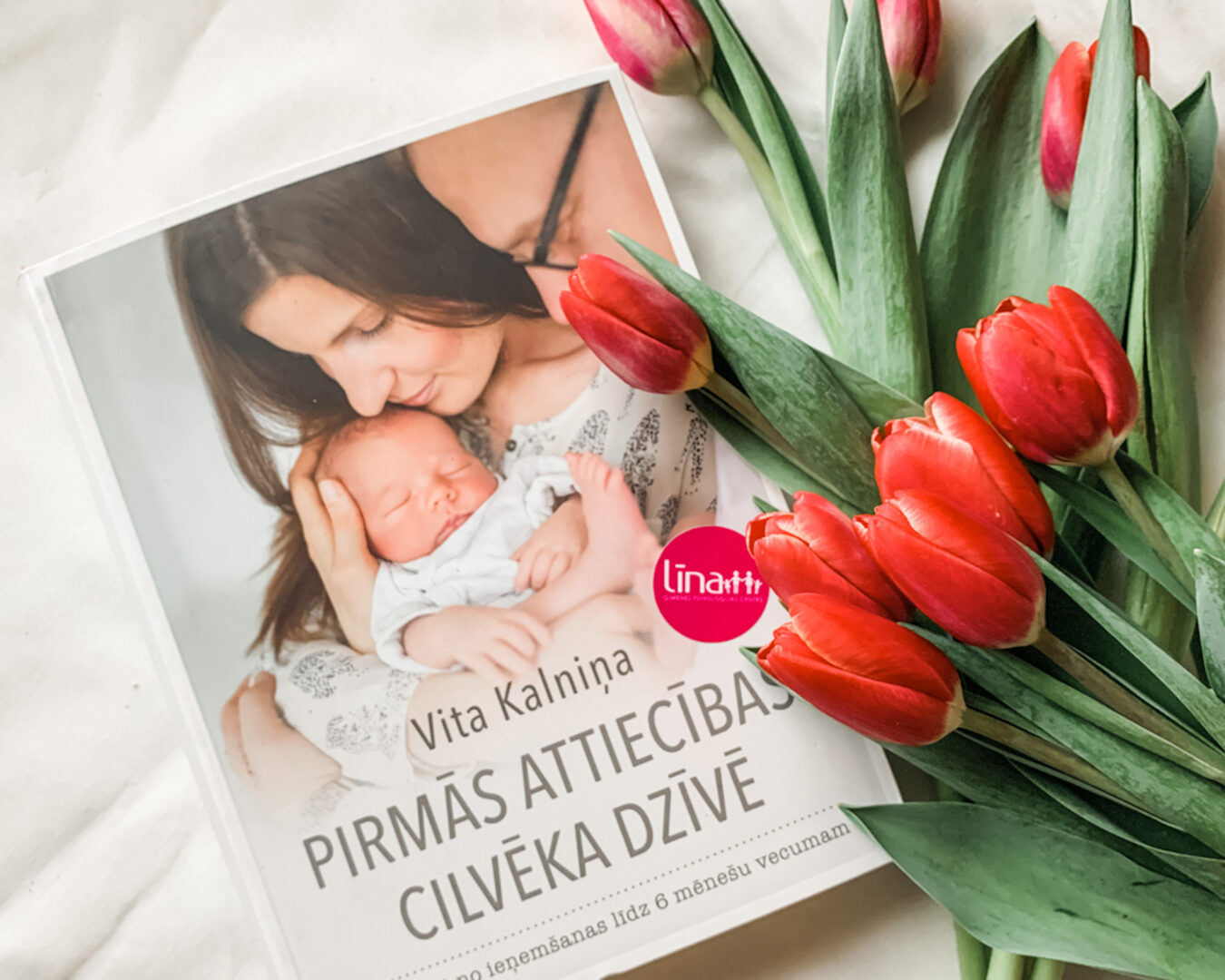While psychologists and family psychotherapists Vitas Kalniņa Book "The first relationship in a person's life" was sitting on the shelf of unread books in my home library, I managed to sell it to at least two people. Sometimes, without even reading it, it's still clear that it's worth reading.
As I did not have an acute need to start gathering information about expecting a baby and building a relationship with a baby, this publication has been waiting for a reading list for some time. Now that I have read it, I am really glad that I got my hands on this book before this acute and possible future need for this kind of literature arose. In my opinion, the book "The first relationship in a person's life" is not just for pregnant women or new parents - it's for everyone. If not because each of us is or will be a parent, then because each of us has been a child or because our fellow human beings are having children.
The book explores child development and building a full, emotionally healthy relationship with your baby from conception to six months of age. It seems to be the only book in the Latvian language so far that offers an introduction to child rearing from the point of view of building healthy relationships, looking not only at the relationship between baby and parents, but also at the changes in relationships that inevitably affect couples when a baby enters the family.
The book takes a rather brave (and therefore perhaps not universally pleasing) look at the different attitudes of parents towards their baby, and of their peers towards the baby and its parents. In my opinion, Vita Kalnina has done a great service to Latvian society by speaking so openly (and at the same time so simply) about many topics that are often not expressed in words.
No, I don't have children. So, yes, I definitely understand exactly nothing from raising children. So what was my motivation for reading?
As it is, a person - his or her development, personality, perception of the world, emotionality, perceptual characteristics and ability to relate to others - is largely shaped in the first year of life. As much as we sometimes hate to admit it, and as much as we sometimes like to think that we are the creators of our own lives (which, of course, is true to some extent), countless studies around the world show that the first year of life is fundamentally important because, in essence, it is during this time that the foundations are laid for almost our entire future.
I, too, have been a child experiencing the first year of life. I am now a psychologist in the making, and some of the biggest themes that have challenged my thinking in recent years, changed my previous beliefs and shaped my understanding, are the emotional relationship between child and parent, and birth as one of the most significant events in a person's life (even if we don't remember it). Learning about them has significantly changed my own perception and the perception of others, and has allowed me to understand and accept the world and my fellow human beings more as they are (rather than trying to remake them as they should be). So reading this type of book is quality time for me, helping me to develop a fuller understanding of myself and others.
Information about how a baby develops naturally and what a baby needs in the first months after its "arrival" (meaning conception, not birth) is actually something everyone should know. Because it helps. Firstly, to better prepare for a possible future with a baby. Secondly, to understand one's own emotional reactions to one or another life situation. Thirdly, to treat with greater tolerance and empathy those whose families have recently welcomed or are expecting a baby.
Personally, I read the book slowly - one chapter at a time before going to bed. I often went over what I had read in my head for days. There were passages that "stirred" my own childhood experience, revealing weak, unhealed places. There were chapters that created anxiety, encouraged reflection and discussion with a partner on topics I had never thought about or talked about before.
There are many reasons why this book is worth reading - if not for the children, then for yourself. Knowledge creates understanding, understanding creates awareness, and awareness creates an enabling environment for change. Change for the better.
This free content is produced in my spare time without pay. If you see value in what I do, I'd be happy to make you a coffee! It's like a spur to create new content! 🙂








